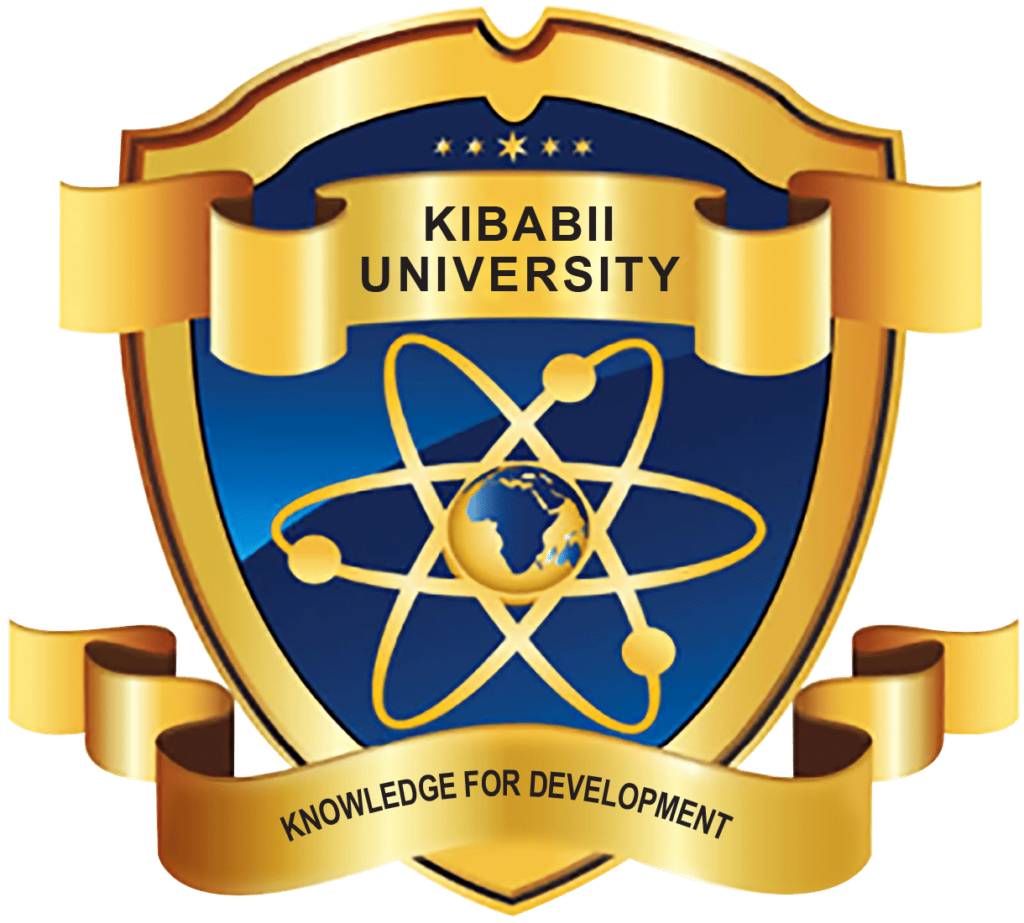|
Master of Information Technology |
|||
| Name | Reg. No | Title | Supervisors |
| Peter Simiyu | MIT/0011/2014 | E-Waste Management Model For Environmental Sustainability In Bungoma County, Kenya |
|
|
ABSTRACT ICT and other electronics are extensively being used in the education, health, industries, homes, trade and communication sector. With the expected introduction of use of laptops in primary schools, the use of these electronics is expected to drastically increase. Electronic equipments have parts and components of value but some with very high environmental peril which prompts a potential need of this research to assess the contents, qualities and impact of e-waste. The study seeks to analyze the existing e-waste management policies and management, and their impacts on the environment in Kenya. The purpose of this research is to develop a framework for sustainable management of e-waste. This research will be guided by the following objectives; to analyse the policy framework for e-waste management at national and county level, to assess the e-waste management practices being used in Bungoma county, to evaluate the environmental implications of the existing e-waste management practices and to establish the best model of e-waste management for efficiency. The study will adopt mixed design method which will involve survey and experimental designs. The target population will be policy officers in government agencies, electronic shop repairs, institutions, households and collectors of e-waste in Bungoma County. The sample size will be determined using Cochran formula. Proportional allocation will be used to determine the sample size in each constituency. To select subjects from the constituency to participate in the study, purposive/ judgmental and convenience non- random sampling methods will be used. Since little might be known about the e-waste dealers (e.g. people who buy PCBs from repair shops), snowball sampling will be employed to recruit potential respondents. Data for this study will be collected using questionnaires, interview schedules and photographs. Additionally secondary data will be collected from review of literature. The research study will employ content validity to determine the extent to which the measuring instruments provides adequate coverage of the topic under study. The researcher will use the split half method to determine reliability of the instruments. Data analysis will be done using both descriptive and inferential statistics. The researcher will assure the respondents of the confidentiality of the information provided, including their own personal information. In addition, letters of consent from Kibabii University and NACOSTI will be obtained before commencement of the research. The results from this study will be used to evaluate the existing policies and guidelines (if any) in the county and also provide direction to the county and national government the best strategies of managing electronic wastes. |
|||

